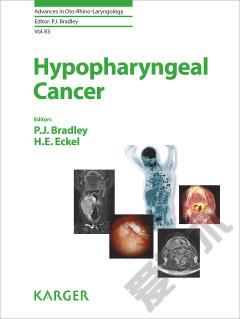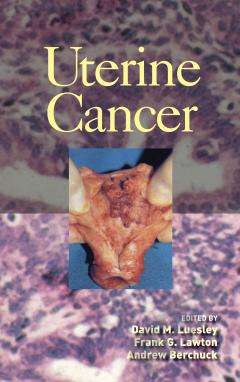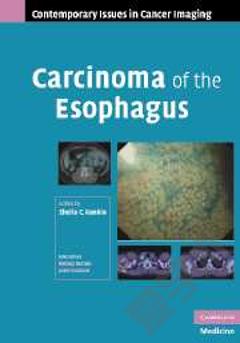Tumor Hypoxia
Tumors often start out as a benign growth, but gradually progress toward the malignant stage over a relatively long period of time. Tumor progression results from accumulated genetic mutations and inheritable epigenetic modifications that enable clonal evolution and selection of new clonal populations of tumor cells with aggressive characteristics including metastasis and therapy resistance. Increasing amounts of experimental evidence suggests that tumor microenvironment play a significant role in directing clonal evolution and determining clonal cell fate, which eventually leads to emergence of malignant tumor cell clones. Hypoxia is the most commonly observed feature of tumor microenvironment. Tumor hypoxia is significantly associated with malignant progression and predicts poor patient outcomes. This book provides detailed and up-to-date treaties on the role of hypoxia as a major driving force in tumor microenvironment to elicit cellular adaptation and clonal selection via genetic mutations and epigenetic modifications, to facilitate cancer stem cell maintenance, to enhance metastasis, to augment therapy resistance, and to evade immune surveillance.
{{comment.content}}








 京公网安备 11010802027623号
京公网安备 11010802027623号